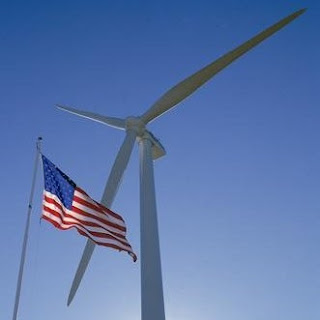
I attended an excellent presentation by Ballard Spahr earlier this week in which the major infrastructure pieces of the recent stimulus bill were discussed. Several panelists referenced the American Society of Civil Engineers’ recent report card on infrastructure systems in the US. The report card, which is all C's and D's, offers some jaw-droppers:
* One in four bridges are either structurally deficient or functionally obsolete.
* Leaking pipes lose about 7 billion gallons of clean drinking water a day.
* We currently spend $70 billion a year for highway capital improvements; we really need to be spending $186 billion.
* We currently spend $10 billion a year for transit capital improvements; we really need $16 billion to maintain current conditions and $22 billion to improve to good conditions.
So at least in theory, the amounts designated for infrastructure in the stimulus bill are not going to be wasted, since the needs are so great. If anything, many panelists argued the bill errs in not being enough money (although that's a structural, ongoing issue, not necessarily the focus of a one-time spending bill) and not requiring the money to be spent quickly enough if in fact it is about stimulus (although safeguards against wasteful spending are a good thing, so I can live with that).
Everyone's going to focus on the grades and the numbers, but take the time to read the ASCE's five key solutions. Notably, they urge Washington to take a leadership role in infrastructure investment; absent a national vision, funding decisions get made in silos, that is to say ineffective and uncoordinated. They also call for life-cycle cost analysis; I'm not sure what that means, but I like it, because it seems to remind decision makers that the upfront investment is just the beginning of the commitment to a system. (Lest we end up with a bunch of stuff we asked for because someone else was paying for it, and then we let it go to rot because we were unwilling or didn't plan to pay for ongoing upkeep.)
On that note, here's hoping that from a policy setting standpoint, the stimulus bill catalyzes real conversation and tough choices concerning the ongoing investment in systems we all depend on to get around, eat and drink, and keep ourselves warm. Rather than representing "free" money we use to postpone those conversations and choices for later.
Of course, I would be remiss if I didn't at this point bang on that old drum of pricing energy more properly as a way to motivate better mobility and land use patterns, as well as to raise money we desperately need to pay for all of this. We piss away electricity and water because we pay so little for it, instead of treating it as the precious and scarce resource that it is.
And we guzzle gas oblivious of the geopolitical, environmental, and land use gymnastics required to safeguard the low prices we pay. Each one-cent increase in the federal gas tax would bring in about $2 billion. If we were to double the current 18.4 cent per gallon rate (which has been unchanged since 1993 in spite of inflation and higher MPGs), that would be $37 billion, or almost as much as the current Highway Trust Fund. A small "inconvenience" to pay for avoiding crumbling roads, an overheated planet, and unnecessary saber-rattling.


No comments:
Post a Comment